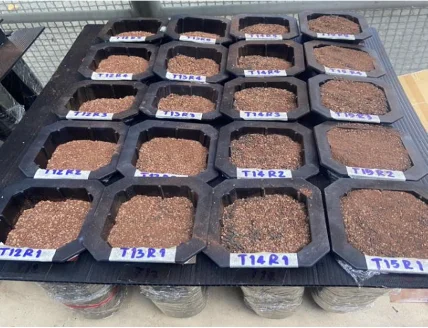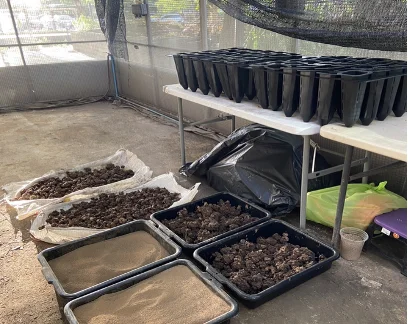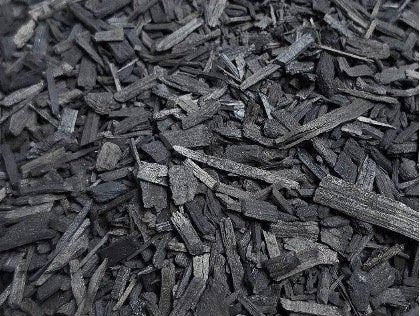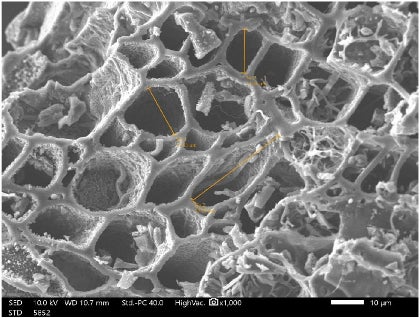~A pioneering study transforming waste rubberwood into sustainable agricultural solutions — improving farmers’ livelihoods and paving the way for participation in the global carbon market.~
Green Carbon Inc. (CEO: Jun Okita, hereinafter “Green Carbon”) — a company engaged in the creation and sale of nature-based carbon credits — has officially initiated Thailand’s first controlled greenhouse experiment (hereinafter “the Experiment”) to evaluate the effects of biochar on the early growth of rubber seedlings. This initiative is being conducted in collaboration with Mahidol University and the Rubber Authority of Thailand (RAOT), which includes the Rubber Research Institute of Thailand (RRIT).
This experiment marks a groundbreaking step toward the sustainable creation of carbon credits, while simultaneously addressing two major challenges facing Thailand: the management of agricultural waste and the decline in soil fertility.
◆Background of the Experiment
Thailand has set a target to achieve net-zero emissions by 2065, with the agricultural sector remaining one of the country’s primary sources of greenhouse gas emissions. At the same time, many of Thailand’s approximately 20 million rai (about 3.2 million hectares) of rubber plantations are facing challenges such as soil degradation and rising fertilizer costs. Against this backdrop, biochar has been attracting increasing attention as a sustainable solution that can convert agricultural residues into valuable resources. This study represents Thailand’s first controlled-environment experiment designed to scientifically evaluate the impact of biochar on the growth of rubber seedlings, by comparing multiple biochar application rates and fertilizer conditions.
| Expected Outcomes |
|---|
| ⚫︎Evidence-based recommendations for RAOT’s seedling cultivation program (producing 1–2 million seedlings annually) ⚫︎Establishing a foundation for future implementation across Thailand’s 19 million rai of rubber plantations ⚫︎Supporting the integration of biochar into national organic fertilizer policies and RAOT’s procurement systems |
◆Overview of the Experiment
| Project Title | Effects of Biochar on the Growth of Rubber Tree Seedlings in a Greenhouse |
| Location | Greenhouse Facility, Mahidol University Salaya Campus |
| Duration | August 2025 – January 2026 |
| Roles of Each Institution | <Green Carbon Inc.> Project design, reporting of results, and provision of biochar production equipment <RAOT/RRIT> Supervision of the experiment, sampling, and analysis <Mahidol University> Selection of test plots, introduction of participating farmers, and provision of information related to rubber tree cultivation and dissemination |
| Measurement Items | ⚫︎Seedling height, biomass, and root development ⚫︎Soil nutrient retention and microbial activity ⚫︎Fertilizer efficiency |


○Mahidol University Salaya Campus Greenhouse Facility
◆About the Biochar Used in the Experiment
The biochar used in this experiment is produced from waste rubberwood, of which more than 1.5 million tons are generated annually in Thailand. Analysis has shown that rubberwood-derived biochar contains over 75% organic carbon, exhibits a high pH, and possesses a porous structure. These characteristics surpass those of typical soils, demonstrating significant potential for carbon sequestration and soil improvement.
The greenhouse facility at Mahidol University’s Salaya Campus has already been fully prepared, and preliminary analyses of the chemical properties of both the soil and the biochar have been completed.


◆Future Outlook
The interim results of this experiment will be shared by the end of 2025, with the final findings compiled by the end of January 2026. The final report and public announcement are scheduled for February 2026. If the experiment proves successful, biochar will be officially incorporated into RAOT’s farmer support programs, paving the way for broader market deployment beyond the seedling stage. Furthermore, RAOT plans to explore nationwide implementation, promoting the expanded use of biochar across Thailand. Green Carbon aims to sell more than 3,000 tons of biochar annually within Thailand, while also advancing the generation of carbon credits through certification by Puro.earth and Isometric. By 2030, the company plans to establish a supply capacity exceeding 150,000 tons per year, expanding into regional markets and pursuing international carbon credit registration.
◆Comments from Stakeholders and Research Team
<Green Carbon Inc.: Mr. Ryo Harada>
This project represents a new collaborative model that unites the government, academia, and startups to simultaneously advance climate action and agricultural support. By converting agricultural residues into biochar, Thai farmers can achieve both cost reduction and soil improvement — while also gaining access to international carbon markets.
<Mahidol University:Asst. Prof. Dr.Wanwisa Pansak>
Mahidol University is committed to advancing sustainable agricultural research that integrates innovation with social value. This study aims to promote healthy growth of rubber seedlings, improve soil quality, and contribute to long-term environmental conservation.
<RAOT: Mr. Prai Sudjit Position>
The Rubber Authority of Thailand (RAOT) aims to establish a sustainable rubber industry by maximizing the effective use of rubber resources and creating new value from waste rubberwood.
| Mahidol University | Asst. Prof. Dr.Wanwisa Pansak,Assoc. Prof. Dr. Naphatsarnan Phasukarratchai,Asst. Prof. Dr.Witchaya RongsayamanontProf. Dr. Benjaphorn Prapagdee (advisor) |
| RAOT | Mr. Prai Sudjit Position, Chief of Rubber Plantation Standards Sub-Division Extension Sub-Division |
| RRIT | Dr. Thitaporn Phumichai Position, Chief of Research Management Sub-Division |
◆Reference Information
<Mahidol University>
Founded in 1888, Mahidol University is one of Thailand’s leading research universities and ranked among the top 15 institutions in the QS Southeast Asia University Rankings 2025. The university is highly regarded for its research in medicine, natural sciences, engineering, and environmental studies, and is home to the Rubber Technology Research Centre (RTEC), which specializes in rubber science and polymer chemistry.
<Rubber Authority of Thailand, RAOT>
A national agency under the Ministry of Agriculture and Cooperatives (MOAC), responsible for promoting Thailand’s rubber industry and supporting smallholder farmers across the country. In 2024, the organization signed a Memorandum of Understanding (MOU) with Green Carbon to promote sustainable rubber plantation management and climate-positive utilization of waste materials.
○reference URL:https://green-carbon.co.jp/raot/
◆ Green Carbon Inc.
Representative: Jun Okita, CEO
Head Office: PREX North 9F, 2-3-2 Kojimachi, Chiyoda-ku, Tokyo, Japan
Established: December 2019
Business Activities: Development and sales of carbon credits, agriculture-related projects, environmental projects, other related businesses, and ESG consulting
Website: https://green-carbon.co.jp/en/
◆ About Green Carbon
Guided by the vision of “Harnessing the power of life to save the Earth,” Green Carbon develops and supports projects that generate, register, and sell nature-based carbon credits both in Japan and abroad. The company is also engaged in agriculture-related businesses, R&D initiatives, and ESG consulting.
Its business activities span Japan, Southeast Asia, Australia, and South America, creating credits from rice paddies, biochar, forest conservation, carbon farming, mangrove planting, and cattle methane reduction. In Japan, Green Carbon obtained certification in FY2023 for the country’s first and one of the largest-scale rice paddy J-Credit projects (approx. 6,220 t). In FY2024, the company plans to expand this initiative to around 40,000 ha (approx. 80,000 t).
Green Carbon also provides “Agreen,” a one-stop platform service that streamlines the entire process of credit registration, application, and sales. By simplifying procedures and documentation, the service reduces the administrative burden on credit creators.

